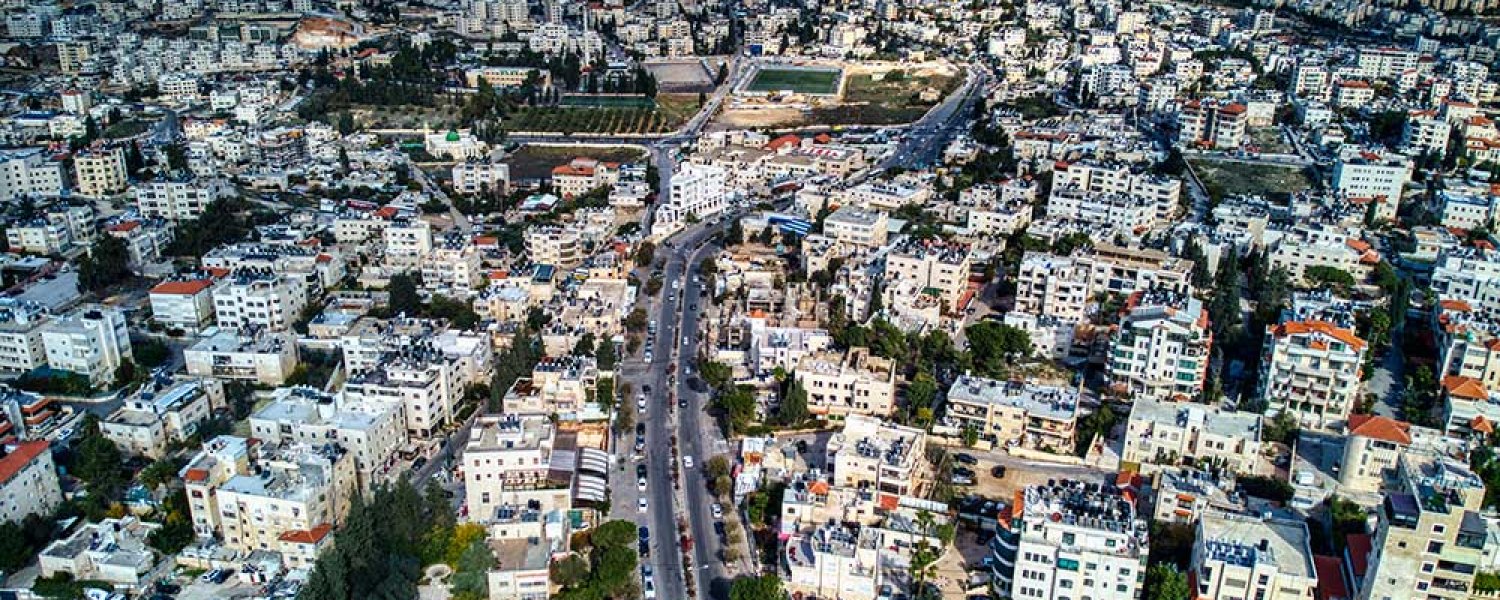On August 20, 2023, the Israeli government approved an additional five-year development plan for East Jerusalem with a budget of NIS $3.2 billion ($850 million),1 the largest public investment in East Jerusalem since Israel occupied it in 1967. The program allocates funds to infrastructure, housing, healthcare, education, public transportation, employment, welfare, the environment, and other areas, although who will actually benefit remains to be seen.
The government tasked the Ministry of Jerusalem Affairs and Jewish Tradition with overall management and implementation of the plan. Government intent could be discerned from statements made during the press conference announcing it, which stressed “reinforcing Israeli sovereignty,” “uniting Jerusalem,” and ensuring the “development and prosperity of Jerusalem as our eternal capital.”2

